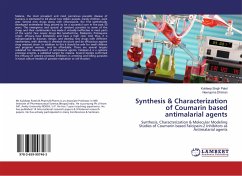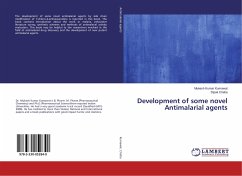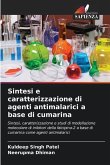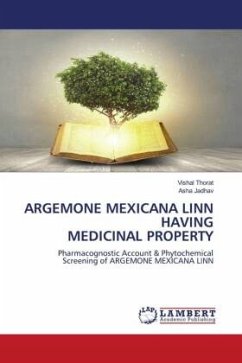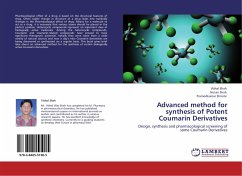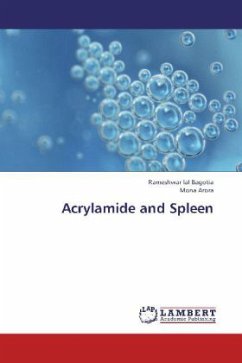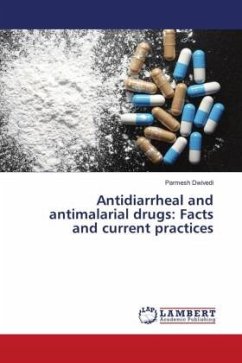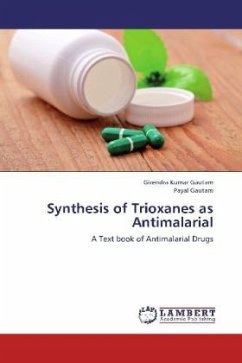Malaria, the most prevalent and most pernicious parasitic disease of humans, is estimated to kill about two million people, mainly children, each year. Several new drugs along with chloroquine, the first synthetically developed antimalarial drug proved to be a successful cure in the past 50 years. The emergence and spread of resistant parasites to some of the drugs and their combination has made it virtually ineffective in most parts of the world. Few newer drugs like lumefantrine, Maloprim, Primaquine retain efficacy, have limitations and have a high cost. And thus, it is indispensable to discover, design, and develop new drugs with different mechanisms, with diversity in chemical structure and be efficacious against drug resistant strain. In addition to this it should be safe for small children and pregnant women, and be affordable. There are several targets validated for development of antimalarial agents. Falcipain-2 is a cysteine protease enzyme, a validated target for malaria. Several studies confirmed the efficacy of cysteine protease inhibitors in arresting and killing parasites in tissue culture models of parasite replication or cell invasion.
Bitte wählen Sie Ihr Anliegen aus.
Rechnungen
Retourenschein anfordern
Bestellstatus
Storno

